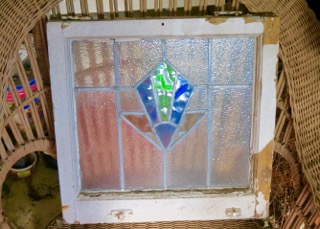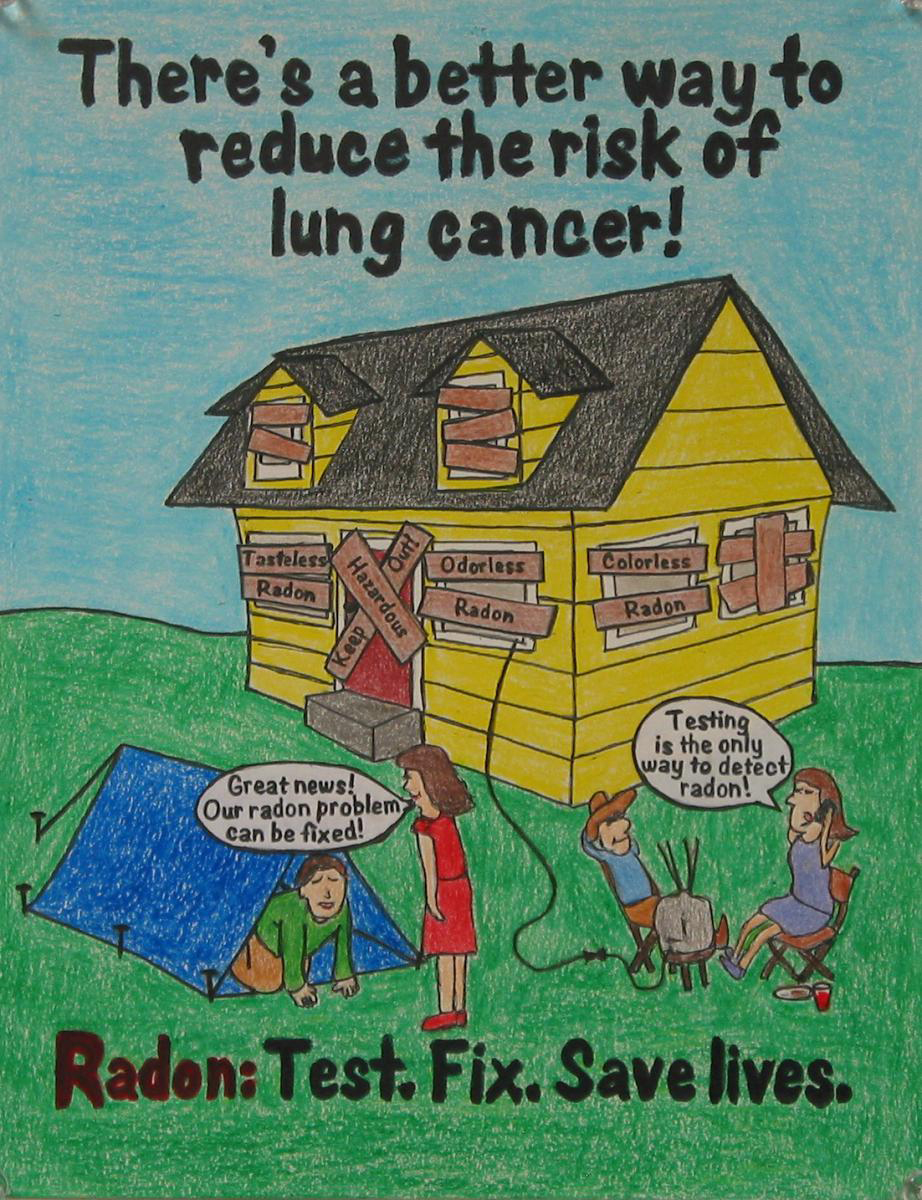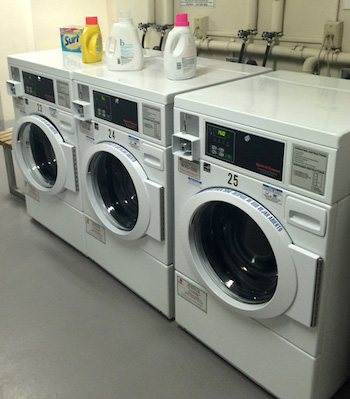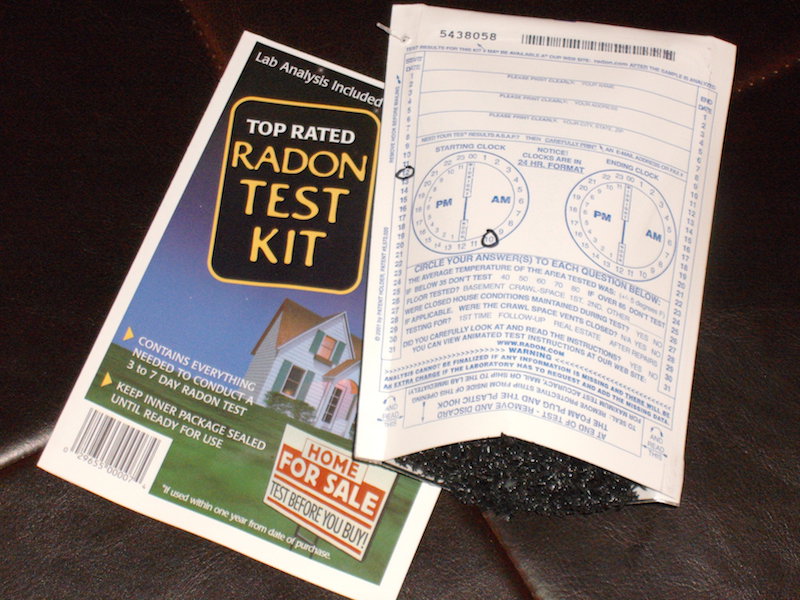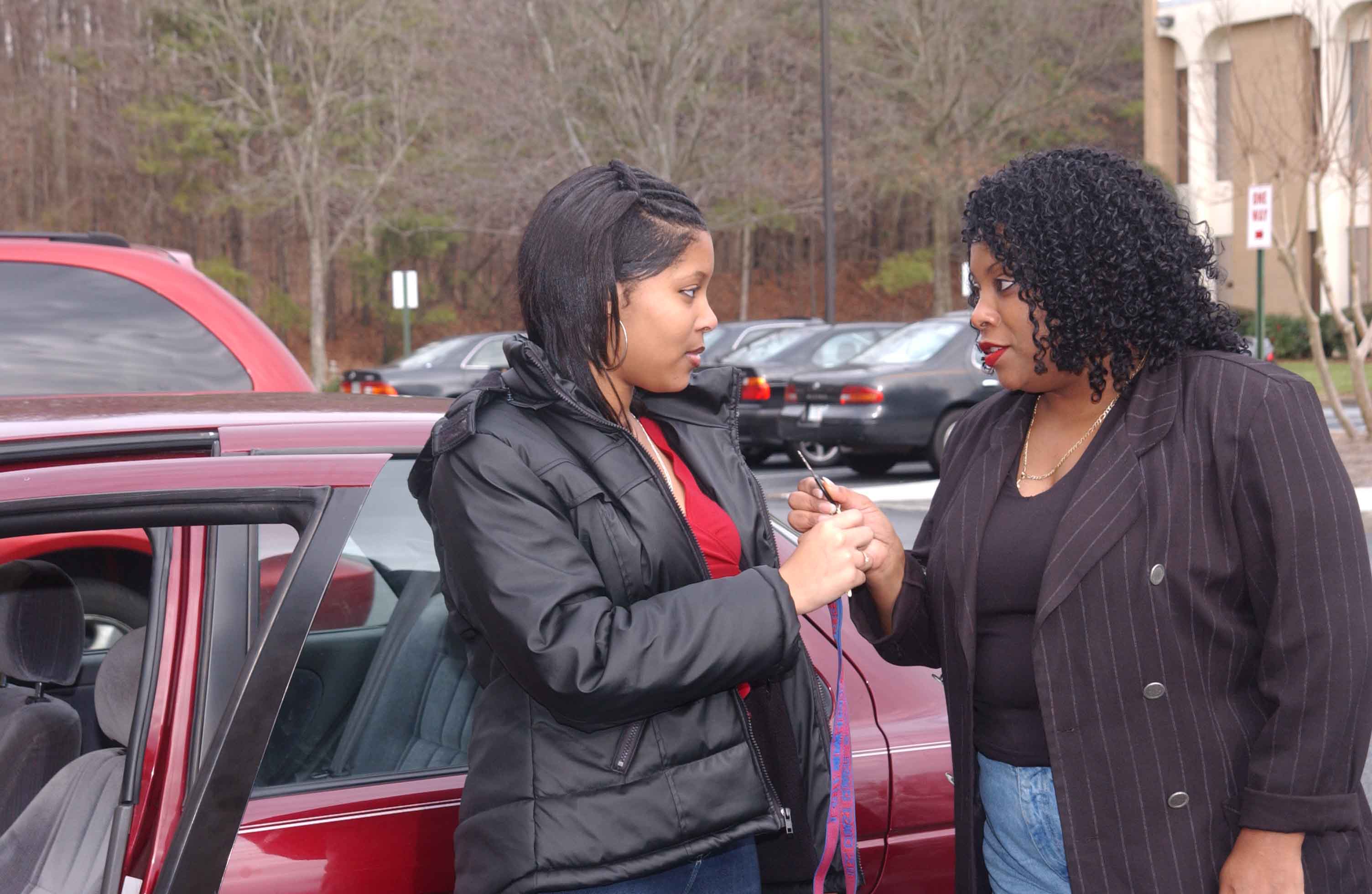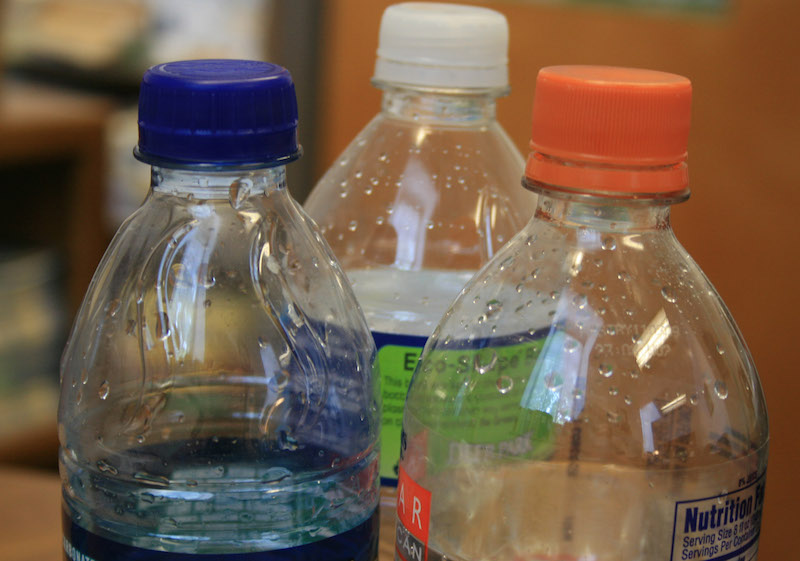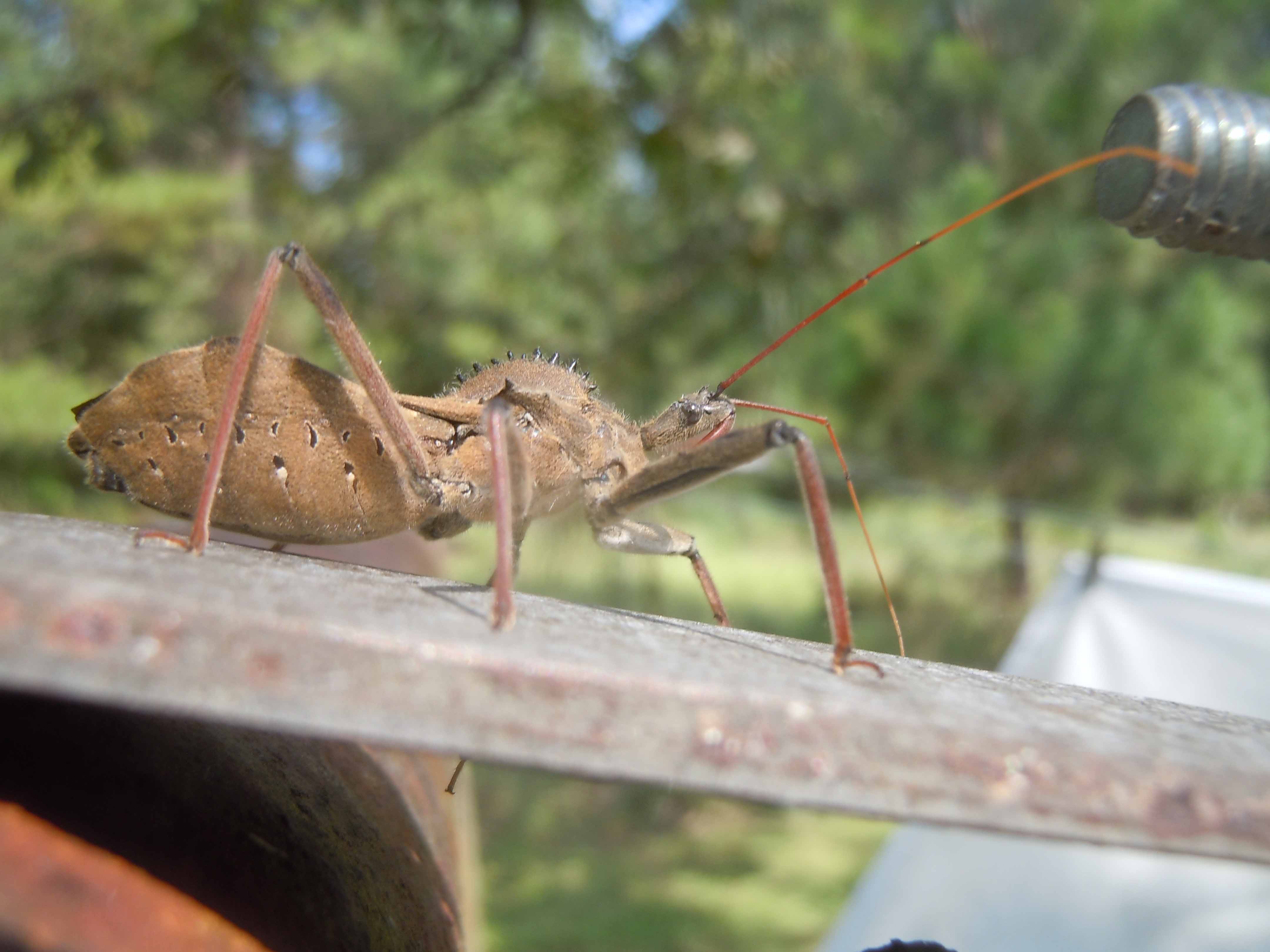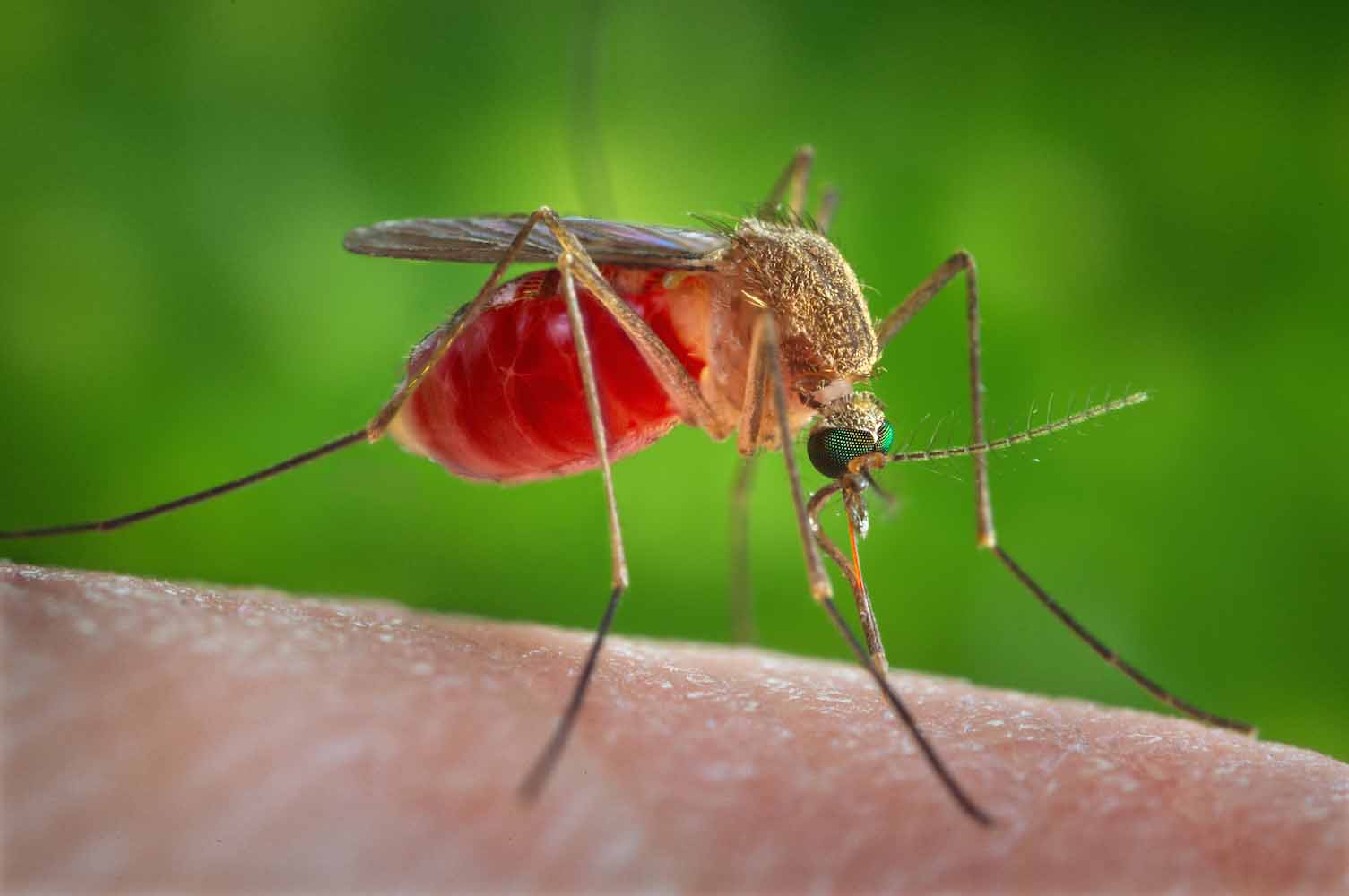 CAES News
CAES News
West Nile Virus
With its shocking impact on babies and mothers, the Zika virus has gotten a lot of attention. However, some entomologists are looking at the current, abnormally dry weather and becoming concerned that another mosquito-borne illness could become a threat later this summer.

